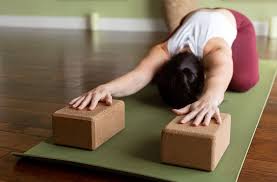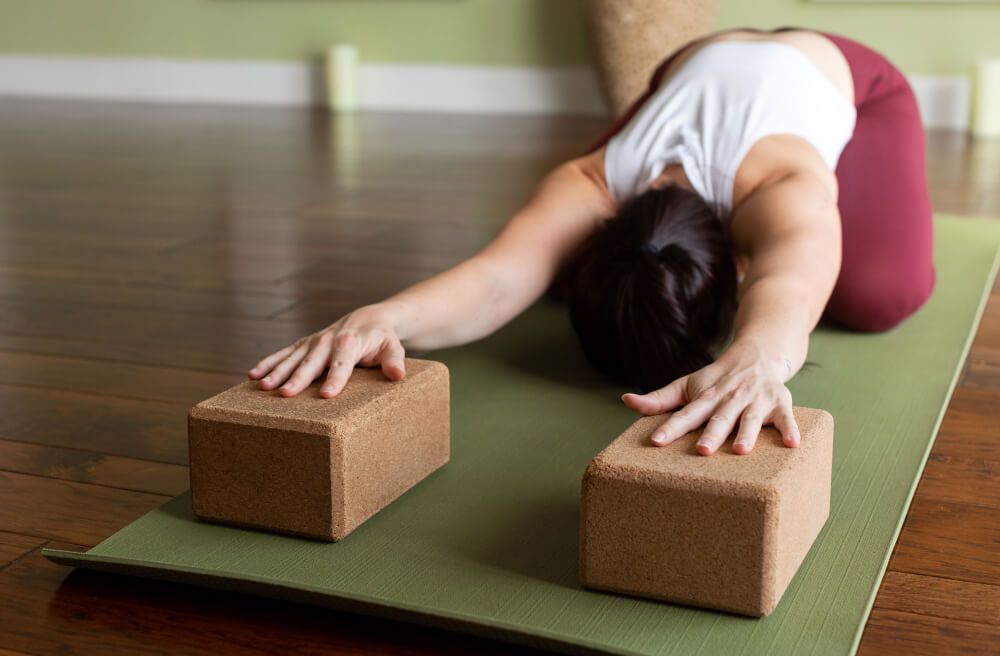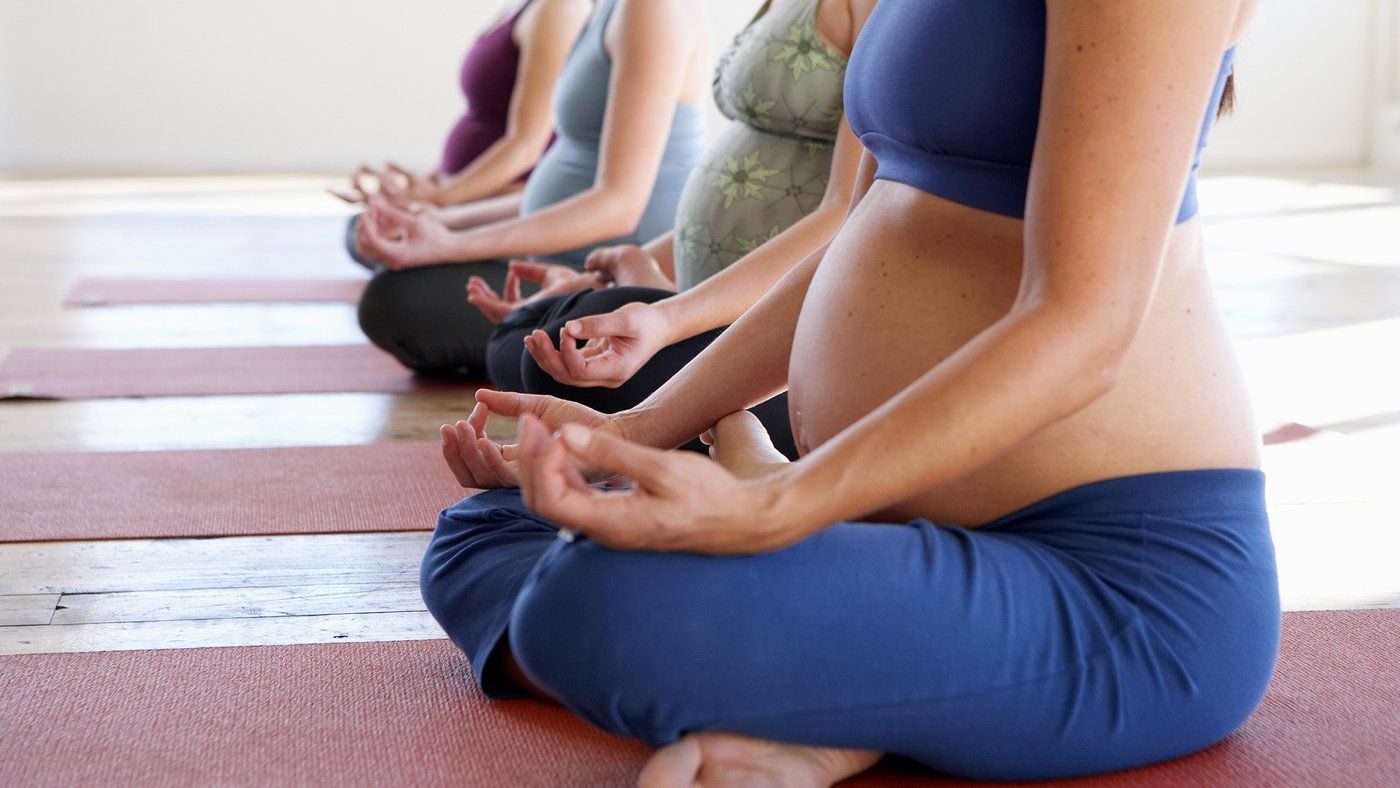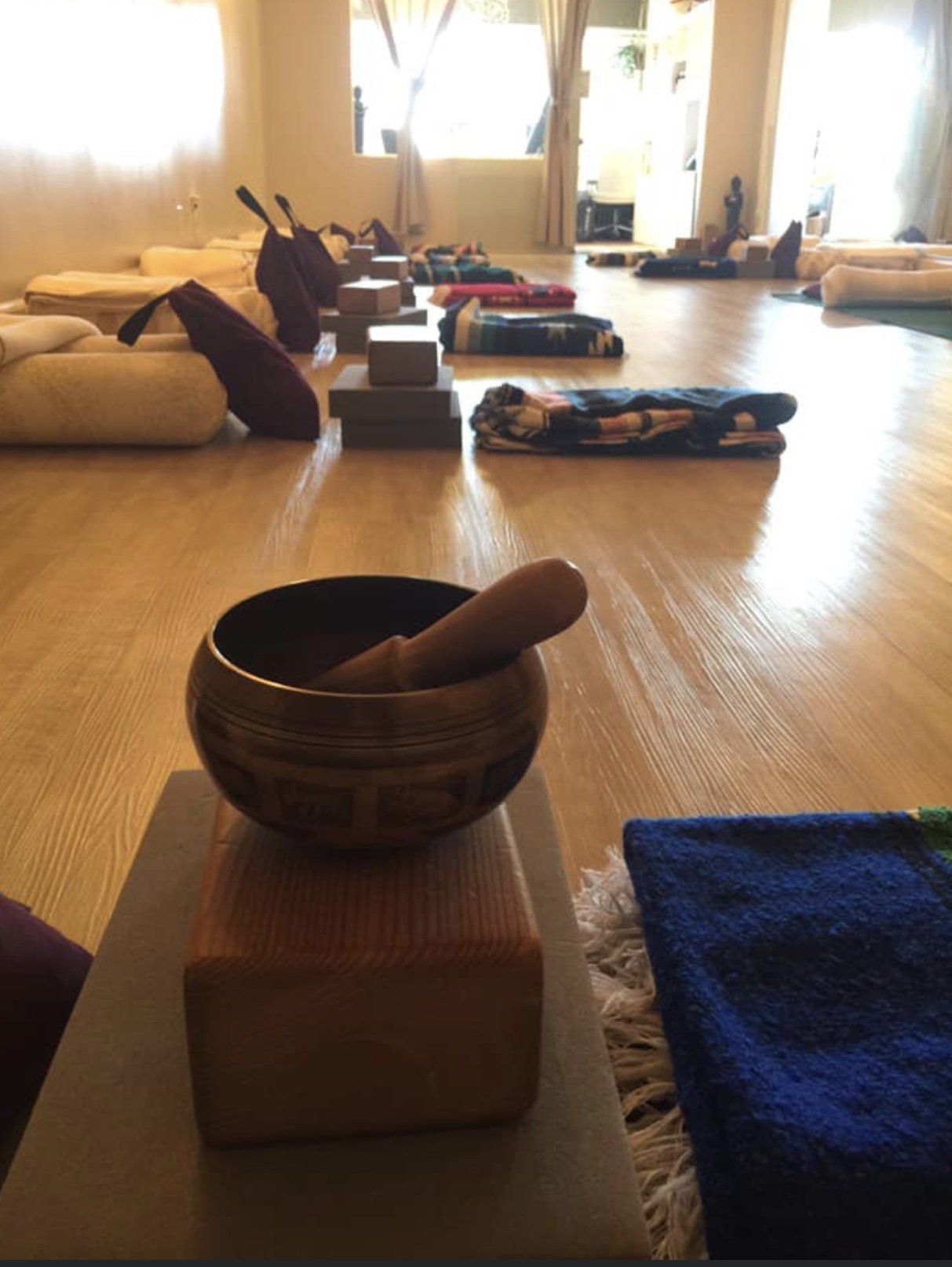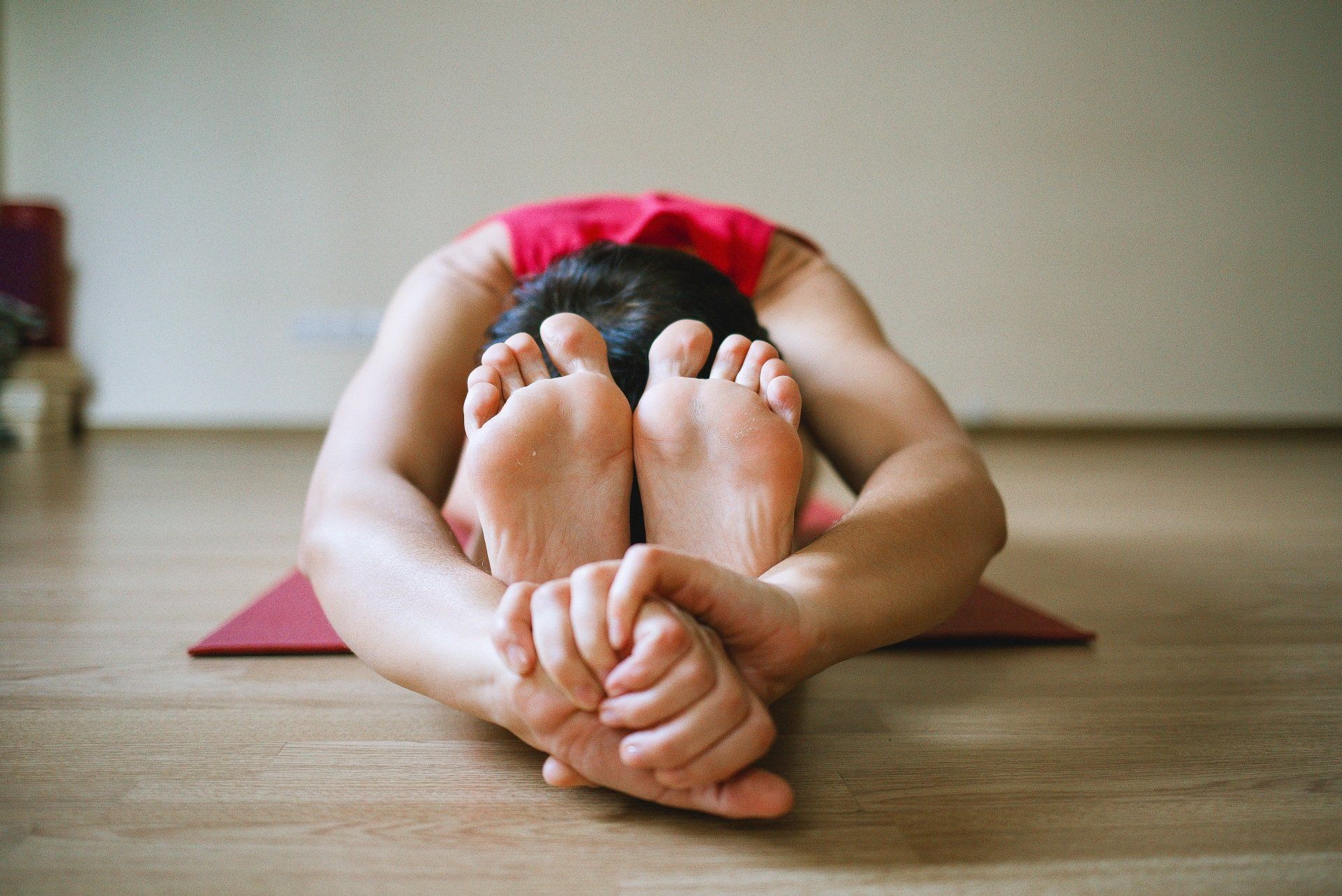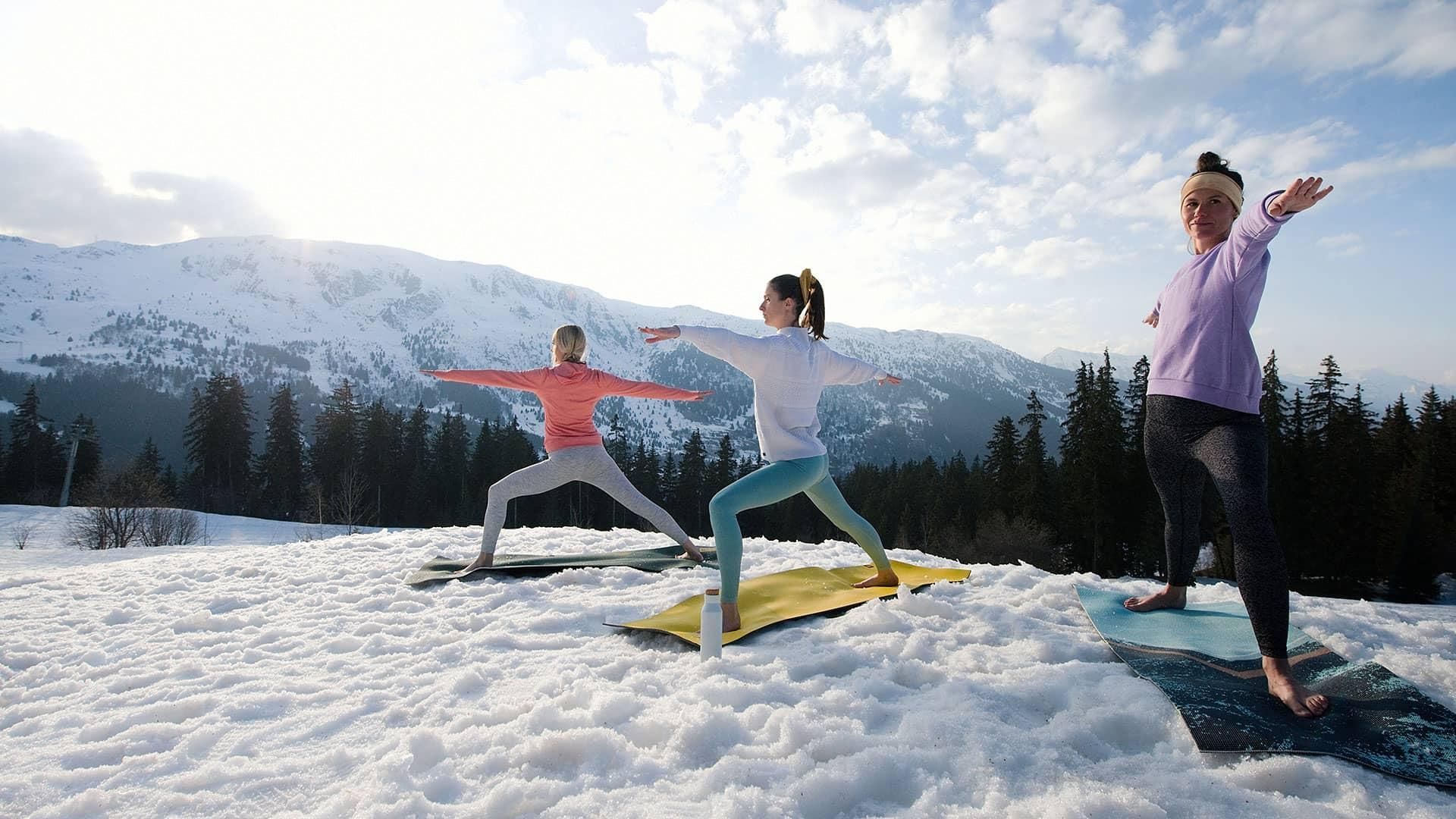Make This Your Year: 5 Steps to Keeping New Year's Resolutions
Forget typical self-improvement resolutions—they simply don’t last. What does? Harnessing one of yoga’s profound formulas for setting the right intention and achieving your heart’s desire.
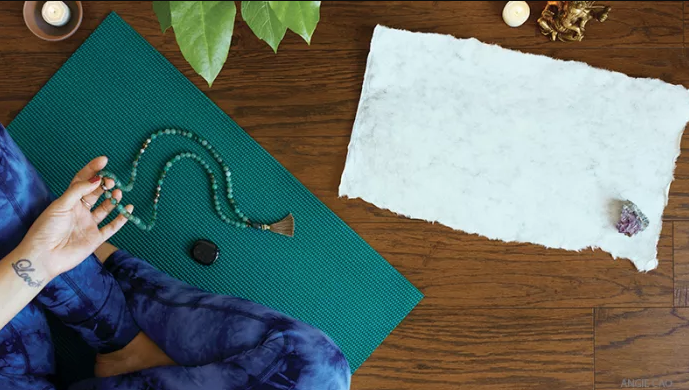
Forget typical self-improvement resolutions—they simply don’t last. What does? Harnessing one of yoga’s profound formulas for setting the right intention and achieving your heart’s desire.
In early 2010, creativity coach and artist Cynthia Morris made a resolution: Meditate for 10 minutes a day. Although she expected to face obstacles, such as getting restless while on the cushion or simply forgetting to sit, she figured the rewards of a regular meditation practice would sustain her through thick and thin. “It felt so good to honor myself in this way,” says Morris. “For me, that was the root and reward of meditation: I had committed to something and was building self-trust each time I sat.” She lasted 30 days. “Or not even,” says Morris. “I just couldn’t keep up.”
Morris is in good company. Of the 45 percent of Americans who make New Year’s resolutions, just 8 percent see them through to the end of the year, according to a University of Scranton study published in the Journal of Clinical Psychology. Yet the same study also found that the people who make resolutions are 10 times more likely to attain their goals than equally motivated people who do not set resolutions, suggesting the resolutions themselves are not the problem. Instead, these people are missing other keys to success, as Morris herself realized. “I petered out because I lacked motivation and was alone,” she says. “There just wasn’t a sense of community or group support.”
The Formula for a Lasting New Year's Resolution
These essential achievement elements—inner drive and outer support—don’t come from true grit in the power-through-it sense, suggest both ancient yoga philosophy and recent neuroscience research on human motivation. In fact, the root of the word “resolve” means to “loosen,” “untie,” or “release.” Through this lens, resolve is a form of surrender, a way to set our most heartfelt desire free into the world. What sustains resolution, then, is more a willingness to grow than sheer willpower. It is a discovery of how our own happiness is inextricably intertwined with the well-being of others—and that comes down to creating “bigger-than-self” goals, according to Kelly McGonigal, PhD, a health psychologist at Stanford University and author of The Upside of Stress. On the surface, typical goals like reducing stress or finding a better job may seem self-serving. But dig deeper and you may find a greater purpose. Maybe less stress translates to being more patient with your partner, or a better job means you’re saving money for your child’s college tuition. Growing your intention so that it relates to something beyond you will give you more resilience when the temptation to quit arises, says McGonigal.
